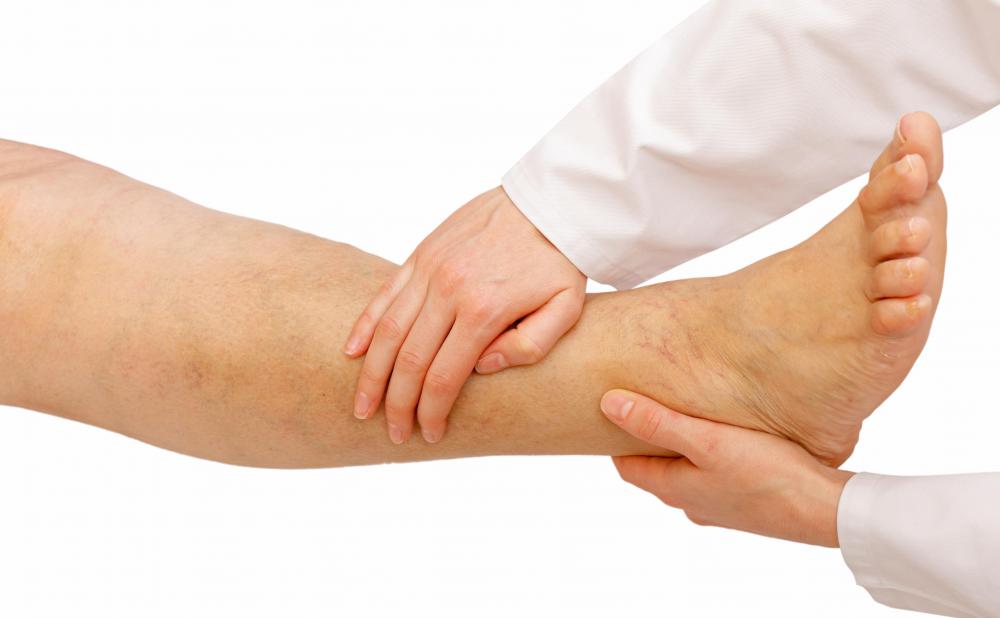At TheHealthBoard, we're committed to delivering accurate, trustworthy information. Our expert-authored content is rigorously fact-checked and sourced from credible authorities. Discover how we uphold the highest standards in providing you with reliable knowledge.
What is Idiopathic Cardiomyopathy?
The term cardiomyopathy refers to a number of diseases that affect the heart. There are four major types of cardiomyopathy: hypertrophic cardiomyopathy, restrictive cardiomyopathy, dilated cardiomyopathy, and arrhythmogenic right ventricular dysplasia or ARVD. Cardiomyopathy can have a number of causes. It can be genetic, or it can occur as the result of alcohol and drug abuse, infection with various diseases, hypertension, nutritional deficiency, and even pregnancy. Sometimes, however, cardiomyopathy occurs with no discernible cause, in which case, it is known as idiopathic cardiomyopathy.
Dilated idiopathic cardiomyopathy, considered the most common type of cardiomyopathy, occurs when heart muscle stretches and thins without any discernible cause. Thinning and stretching of the heart muscle means that the chambers of the heart become larger. Over time, the heart muscle begins to lose its ability to efficiently pump blood. Symptoms may include edema, or fluid retention, in the ankles, legs, feet and abdomen; difficulty breathing; and fatigue. Ultimately, dilated cardiomyopathy can lead to heart failure.

Hypertrophic cardiomyopathy is also prevalent, and is referred to as idiopathic when its cause cannot be determined. In hypertrophic cardiomyopathy, the ventricle walls, and sometimes the walls of the heart's mitral valve, grow thicker. Eventually, ventricle blockage can occur, placing undue stress on the heart muscle as it struggles to pump blood through the narrowed ventricle passages. Hypertrophic cardiomyopathy doesn't always lead to ventricle blockage, but even if it doesn't, the heart loses efficiency. Symptoms of hypertrophic cardiomyopathy can include dizziness, difficulty breathing, chest pain, arrhythmia, fainting, and exercise intolerance.

ARVD is possibly the most rare form of idiopathic cardiomyopathy. It's typically found in young adults and teenage children. In ARVD, necrosis affects the muscle of the right ventricle, and scar tissue grows in place of the formerly healthy heart muscle tissue. Symptoms can include arrhythmia, fainting, exercise intolerance, and even sudden cardiac arrest.

Restrictive idiopathic cardiomyopathy is similar to ARVD in that it, too, causes scar tissue to develop in the place of healthy heart tissue. This type of cardiomyopathy most often affects the elderly. The scar tissue in the heart is stiffer than healthy muscle tissue, and its presence means that the heart can't pump properly. Symptoms include arrhythmia and heart failure.

Idiopathic cardiomyopathy may be treated with medications to lower blood pressure, reduce arrhythmias, prevent blood clots, and slow heart rate. Open heart surgery may be performed to correct deformities in the heart muscle. A heart transplant may be necessary if damage to the heart muscle is severe. Surgically implanted devices can help improve heart function and control arrhythmia. A procedure known as alcohol septal ablation can treat thickened ventricles without invasive surgery.
AS FEATURED ON:
AS FEATURED ON:




















Discussion Comments
When any muscle in your body doesn't function correctly you have a condition called myopathy. The main symptom of myopathy is muscle weakness, but people might also experience muscle cramps, muscle spasms and feel stiff. Myopathy can have little affect or be very debilitating.
Post your comments